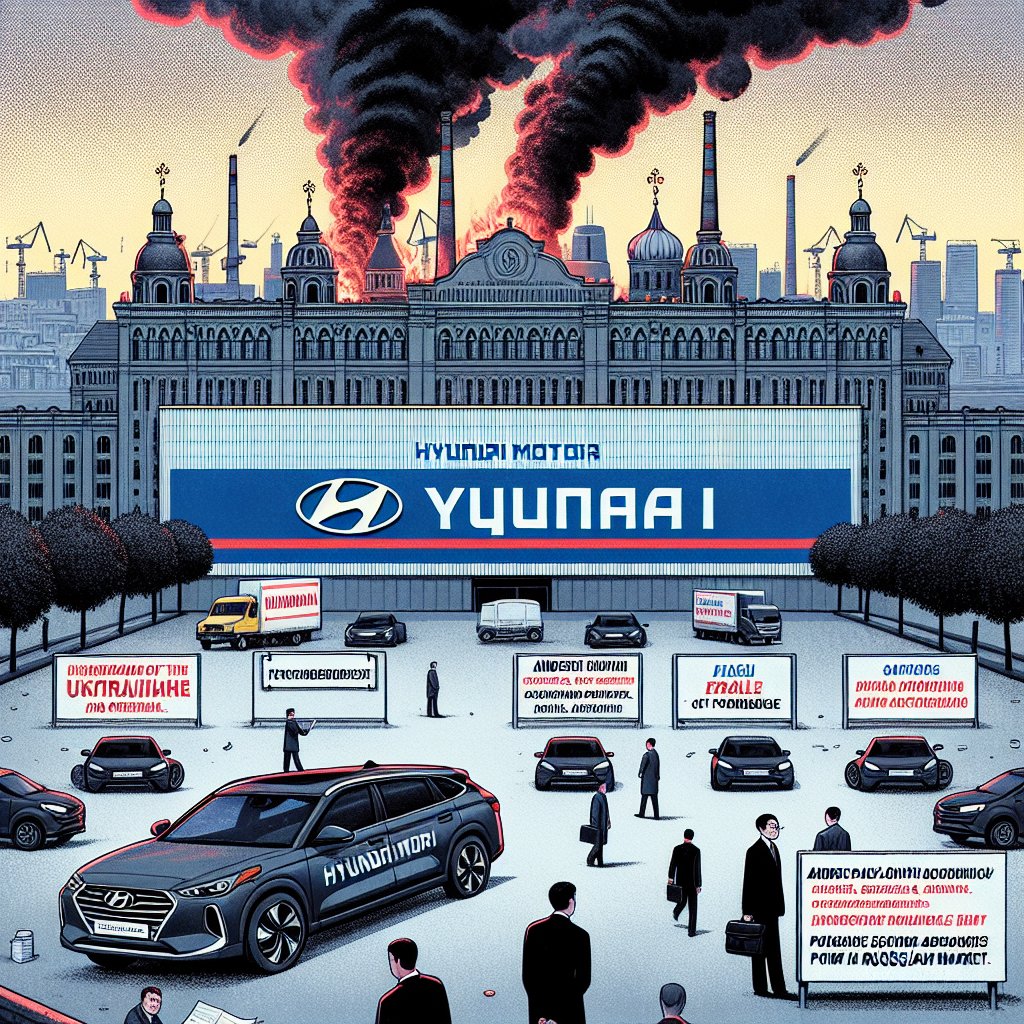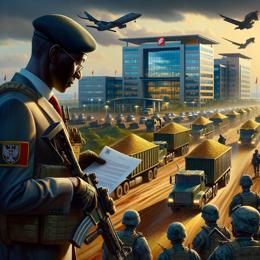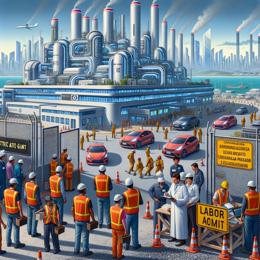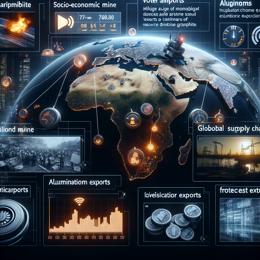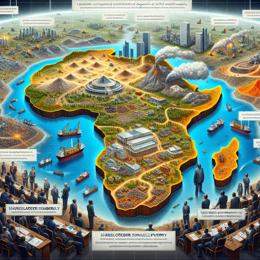Content created by AI
Hyundai Exits Russian Market, Selling its St. Petersburg Plant
Hyundai Motor, the South Korean automotive giant, has reached a pivotal moment, signaling its departure from the Russian auto market in the wake of the Ukraine conflict. The company is set to sell its manufacturing facility in St. Petersburg, Russia, to local firm Art-Finance for a nominal sum of 7,000 roubles (approximately R1,400), as announced on Tuesday.
This strategic move has been in the pipeline since the suspension of the plant's operations in March 2022. Hyundai's decision underscores the economic repercussions and the shifts in the global automotive industry precipitated by geopolitical instabilities. The regulatory filing revealed the sale would result in a significant loss of 287 billion won (around R4 billion) for Hyundai.
Art-Finance, the purchasing entity, is owned by businessman Andrei Pavlovich, who has previously been affiliated with automotive deals, including the acquisition of Volkswagen's Russian operations earlier in May. The Hyundai deal reportedly includes a buyback option that would allow the South Korean automaker to potentially reinstate its presence in Russia should circumstances become favorable.
The transaction, slated to be finalized by December 28, has already secured the green light from Russia's government commission on foreign asset sales, according to statements from the Russian industry and trade minister Denis Manturov reported by the RIA news agency. The commission imposes strict guidelines, mandating a minimum 50% discount from departing companies.
Before the Ukrainian crisis, Hyundai, along with its affiliate Kia, featured prominently among the top-selling automotive brands in Russia. The ensuing conflict has radically altered the industry’s landscape, with Chinese brands stepping in to fill the void left by global players.
Andrei Pavlovich, a key figure in Russian automotive circles and the former head of the Avilon autodealer group, further solidifies his grasp on the sector through Art-Finance. Despite prior affiliations, Avilon has distanced itself from Art-Finance and AGR Automotive, reflecting the intricate web of business relationships within Russia's automotive industry.
Hyundai's exit strategy, resonant with those of other major carmakers, reveals a cautious approach, trying to mitigate losses while keeping a foothold in the market for a potential return. The modest transaction amount for the sale of the St. Petersburg facility exemplifies how international companies are navigating the economic and political complexities of maintaining, altering, or dissolving their Russian engagements.
